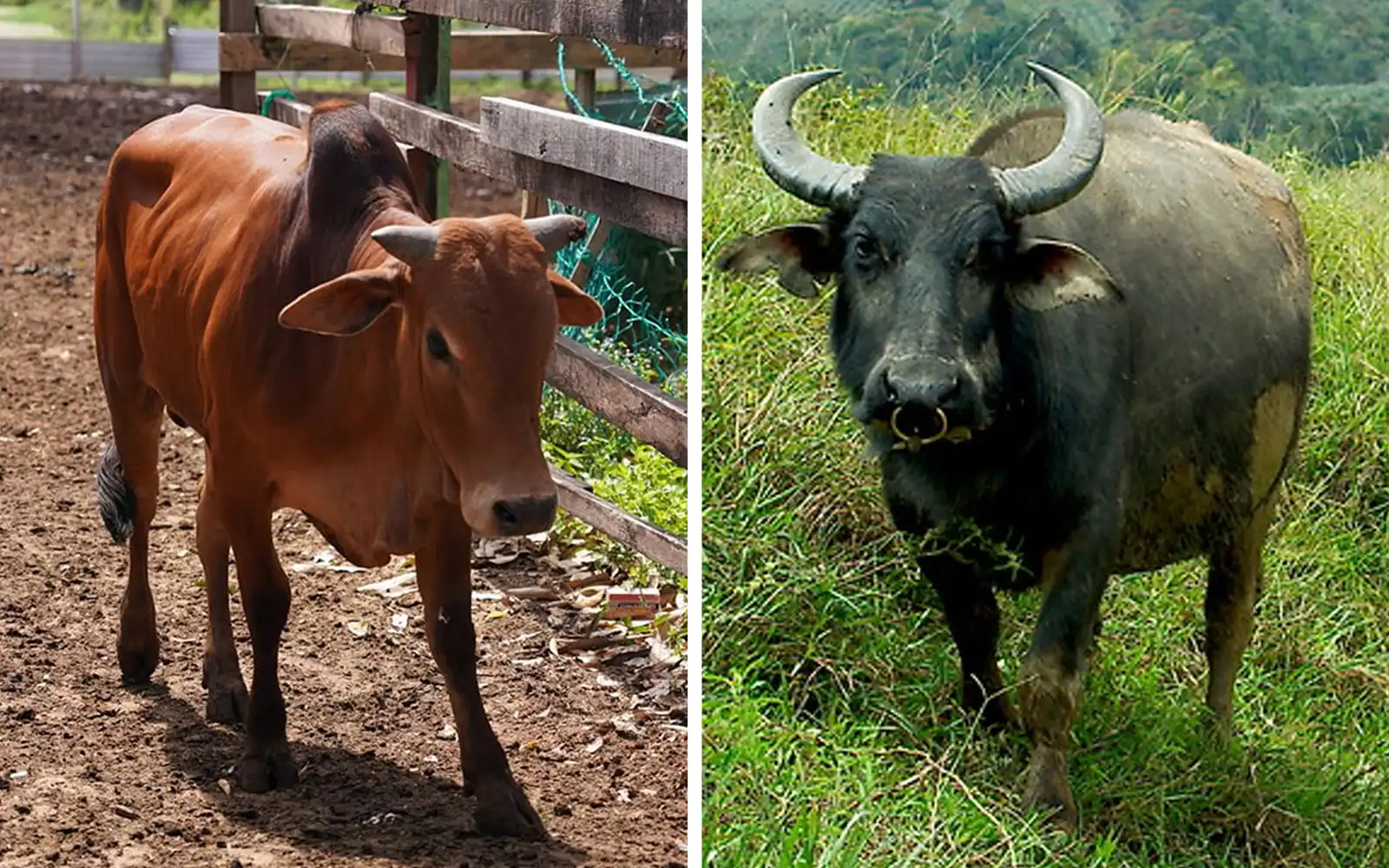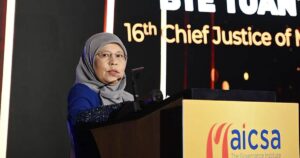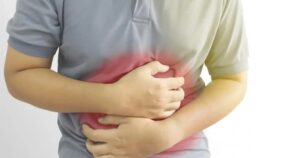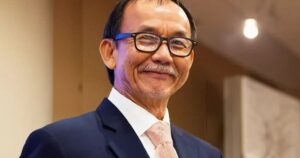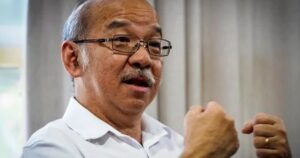
A growing shortage of veterinary professionals in the livestock sector has prompted concern, with experts warning that it may pose a risk to the country’s food security.
Dr Goh Yong Meng, a professor at Universiti Putra Malaysia’s veterinary care faculty said the nation is already seeing signs of a threatened food supply.
“Just look at our self-sufficiency levels in terms of meat, eggs and milk supply, which have been declining,” he said.
Data from the 2024 Agriculture Census Interim Report showed that the self-sufficiency level for cattle and buffalo meat stood at just 15.9% in 2023, far below the 35.5% projected under the National Agrofood Policy 2.0.
The report, released in May 2025, also noted that the self-sufficiency level (SSL) for chicken and duck eggs declined to 106.5% in 2023 from 109% in 2022, while chicken meat dropped to 90.2% from 93.3%.
The SSL for fresh milk for 2023, however, stood at 66.8%, up from 57.3% the previous year.
Goh said Malaysia faces persistent shortages of veterinarians and para-veterinary personnel vital to sustaining livestock production.
“This problem is not unique to Malaysia. Even countries like the US, Canada and those in Western Europe are facing challenges in attracting enough people to the livestock industry,” he said.
“The difference is that in these countries, they are able to attract migrant talents, as well as rely on automation to fill in those gaps.”
In June, veterinary services department director-general Dr Akma Ngah Hamid said there were only 2,553 active veterinarians in the country, based on registrations with the Veterinary Council of Malaysia.
Last year, agriculture and food security ministry secretary-general Lokman Hakim Ali said Malaysia needs at least 6,000 veterinarians to meet industry demands, including improving animal husbandry methods.
Dr Wasu Kasimani, senior general manager of Chau Yang Farming, said rising imports of meat and dairy products were clear warning signs that the country’s food supply could be at risk.
“Rising livestock feed costs, over-reliance on foreign workers, and a lack of automation and precision farming are clearly affecting our ability to meet growing food production demands,” he said.
Wasu pointed out that the poultry sector is still relatively self-sufficient. However, the swine sector has struggled since an outbreak of African Swine Fever in 2021.
“We lost about 60% of our production, and had to replace it with imported meat,” he said.
Wasu stressed the importance of upgrading facilities in tandem with implementing stronger biosecurity and monitoring systems.
He also called for collaboration between local farmers and the veterinary services department of all state governments to modernise and repopulate according to the necessary standard operating procedures.
Decline in student interest
Both experts said low interest from veterinary students was a key factor behind the shortage of professionals in the livestock sector.
Goh said many students believe the livestock sector does not offer competitive pay, which he described as a “misconception”.
“Work placements in the livestock sector are also frequently located in rural areas away from townships, so it might seem less exciting to some,” he said.
Wasu said there was also another dimension to the shortage.
“The livestock industry can be physically and emotionally more demanding than companion animal practices. It is also often considered ‘dirty, difficult and dangerous’,” he said.
To address the shortage, Goh proposed study loan waivers and compulsory sectoral rotations for recent veterinary graduates.
